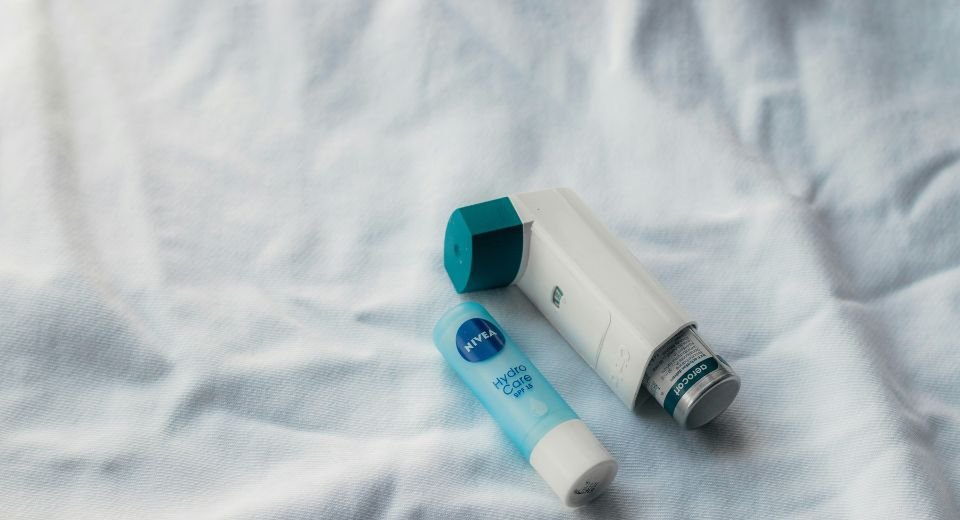Bharti Jayshankar
November 29, 2024: Around half a billion people live with asthma and chronic obstructive pulmonary disease (COPD). The Global Burden of Disease Study (GBD) 2019 found that asthma was the most prevalent chronic respiratory disease (CRD) with 262.4 million cases, while COPD had 212.3 million cases. Asthma attacks are commonly treated with steroids, which have side effects.
A new treatment discovered by scientists at Kings’s College found that an injection given during some asthma and COPD attacks is more effective than the current treatment of steroid tablets, reducing the need for further treatment by 30%. This is the first time that any new treatment lines have been found for asthma patients in 50 years.
The injection treats asthma flare ups called ‘eosinophilic exacerbations’ which cause wheezing, coughing and chest tightness due to inflammation resulting from high amounts of eosinophils (a type of white blood cell). Eosinophilic exacerbations make up to 30% of COPD flare-ups and almost 50% of asthma attacks. They can become more frequent as the disease progresses, leading to irreversible lung damage in some cases.
Results from the phase two clinical trial ABRA study showed that a drug already available can be re-purposed to treat asthma flare ups and reduce the need for hospitalisations.
ABRA trial of Benralizumab
The ABRA trial found a single dose of Benralizumab, a monoclonal antibody that attacks eosinophils and reduces lung inflammation, can be more effective when injected at the point of exacerbation compared to steroid tablets.
For the study, three groups of high risk asthma or COPD attack patients were formed. One received benralizumab injection and dummy tablets, second one received standard of care (prednisolone 30mg daily for five days) and dummy injection and the third group received both benralizumab injection and standard of care. It was a double-blind, double-dummy trial.
After 28 days, respiratory symptoms of cough, wheeze, breathlessness and sputum were found to be better with benralizumab. After ninety days, there were four times fewer people in the benralizumab group that failed treatment compared to the standard of care with prednisolone.
People treated with the benralizumab injection suffered fewer episodes of flair ups and their hospital visits alos came down. There was also an improvement in the quality of life for people with asthma and COPD.
Geoffrey Pointing, 77 from Banbury, who participated in the study, said,“I didn’t get any side effects like I used to with the steroid tablets, I used to never sleep well the first night of taking steroids, but the first day on the study, I could sleep that first night, and I was able to carry on with my life without problems.”
Lead investigator of the trial Professor Mona Bafadhel from King’s Centre for Lung Health said, ” We’ve used the drug in a different way – at the point of an exacerbation – to show that it’s more effective than steroid tablets which is the only treatment currently available. The big advance in the ABRA study is the finding that targeted therapy works in asthma and COPD attacks. Instead of giving everyone the same treatment, we found targeting the highest risk patients with very targeted treatment, with the right level of inflammation was much better than guessing what treatment they needed.”
Dr Sanjay Ramakrishnan, the first author of the ABRA trial, said: “Our study shows massive promise for asthma and COPD treatment. COPD is the third leading cause of death worldwide but treatment for the condition is stuck in the 20th century. We need to provide these patients with life-saving options before their time runs out.”
Astra Zenaca’s Fasenra (benralizumab), is currently approved as an add-on maintenance treatment for severe eosinophilic asthma in more than 80 countries, including the US, Japan, and the EU.








